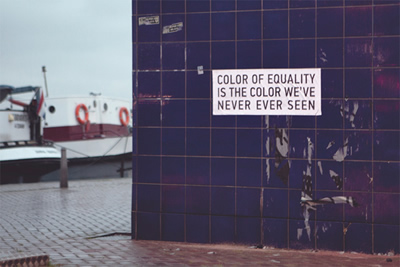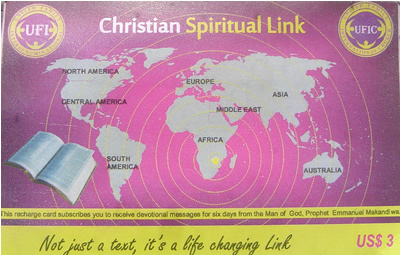The fabrication of stories to bring out and portray a certain issue inclined to a political party is now common in the local newspapers, both private and state owned. I have recently been seen a trend in the media. When an event or something transpires we seem to get similar headlines in the newspapers. An example is that when Energy Minister Mangoma was acquitted. These were the various headlines carried by Zimbabwean papers on 19 July 2011, for example: The Herald carried the story as ‘Mangoma freed as AG drops charges’ and in The Daily News, the story was ‘Mangoma case crumbles’. This shows at least some validity and honesty in the story that the Energy Minister had indeed been acquitted.
But it doesn’t necessarily mean we expect to see similar headlines everyday in our newspapers. But we expect to read credible and reliable information. If a media house or newspaper publishes a story of its own, this can be attributed to the good investigative skills the journalists working for that paper have.
A recent fabricated story is that by Zimpapers in the Sunday Mail of July 24, 2011 of the government’s spending. The story read ‘The high flying Prime Minister of Zimbabwe’ where it said Prime Minister’s Office had the highest expenditure on Government travel.
This story came in two days before the Finance Minister Biti could deliver a statement on Mid-Term Fiscal Policy statement which then revealed the truth about government’s spending. In a recent public forum with Professor Welshman Ncube he did have something to say about the media in Zimbabwe particularly regarding this story. He described the state owned paper as being an agent of preempting stories before their actual event, so as to cause confusion in the public.
This is so true because imagine being an ordinary citizen who from his/her earnings cannot afford to purchase a daily newspaper and has no access to the Internet to read online news. People tend to feed themselves with headlines. I have seen quite a number of people in the morning who stand by newspaper vendors and read headlines and move on. I wonder if they will at least be able to get a copy during the day and read the rest of the story but the chances are slim. Having read a headline that the Prime Minister’s Office is on the top list of government travel spending on Sunday and reading the actual story of who tops the list surely it leaves people confused over who is telling the truth.
There are times when one truly wonders when this will come to an end. We are tired of having to read stories and then question their validity and reliability.












